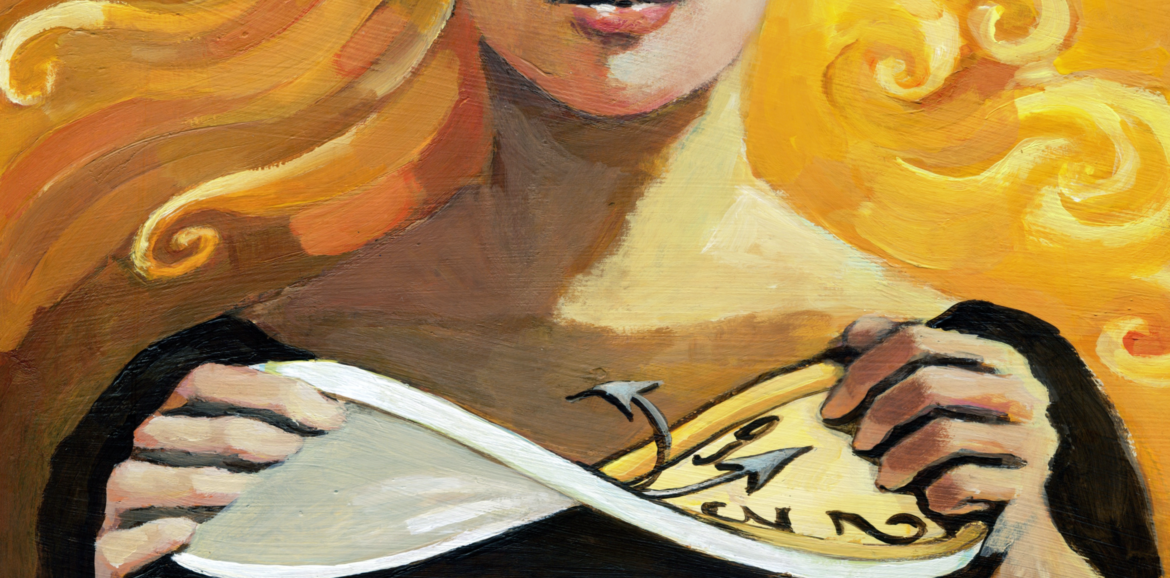Our external measurement of time began with the recognition of the yearly orbit of earth around the sun, along with its daily rotation – an example of one of the many cycles seen in nature. Out of this developed the division of a day using candles, sundials, water clocks, hour glasses, bells, mechanical clocks and more recently atomic clocks. The accuracy of some of these ways of measuring time were subject to the effects of day and night, shifting temperatures and the weather.
Technology, using timepieces, our concepts of time and the development of the magnetic compass allowed us to learn to navigate our way more easily and helped us to organise our explorations of the world.
It has been said that there are more people who have lived on the planet that have not experienced our clock time, than those of us alive today who are experiencing it, even given the population explosion. However, we now seem to freely accept our way of marking time as more natural than the actual natural cycles around us – and then there is the theory of relativity placing us squarely within both time and space, which opens up yet another direction of exploration of what time is. Our bodies have natural rhythms, sometimes at odds with the timeliness of the clock. This brings us to some considerations about how we relate to time. Time offers us the opportunity to synchronise. It helps us to measure and to quantify. It gives us freedoms by raising our consciousness about it, but it also restricts us by regulation. Time can be a motivator and a point of evaluation.
For me, time is an expression of the before, the after and the now. Another way of putting this is time is our memories, our imaginings or predictions and the movement and the action of just this moment, which could simply be a breath in and a breath out.
My personal experience of time during this Covid impacted stretch has been a familiar encounter. I have a sense of time spiralling around with similar outcomes. I have been here before. An experience of illness had me suspended, waiting, learning deep patience and tempering tolerance. However, there have been differences. Last time I was alone, this time I was part of a collective experience. Last time I was disoriented, this time I knew the terrain. Last time I felt outside of the normal patterns of time with no choices. This time I was outside of time but with many choices. I learned to be in the flow of time while outside of time.
So how do you view time? How do you experience it? Does it elicit comfort or conflict in you? Here are some words and some idioms that you may associate with time and that you may recognise in yourself that can help to identify your relationship to time – scarce, expansive, opening up, closing in, time is pressing, time is on my side, obligations, time waits for no-one, quality, all in good time, schedules, time is money, plans, standards, in the moment, a stitch in time, drifting, achievement, borrowed time, linear, sequential, in next to no time, discipline, deadlines, down time, goals, a race against time, disorganised, lazy, well-being, big picture, an accounter of time, details, urgent, slow, circular, buying time, patience, organised, dreamy, fast, nostalgic, spontaneous, infinite.
Do you run your clock by what you need or by what you want? Are you a clock watcher, a foot tapper, or is spontaneity your elusive muse? Do you time travel by predicting your future with the memories of your past? Has your experience of the past 18 months changed the way you experience time?
Time as we mark it, cannot be controlled, but we do get to manage our choices about it, once we are conscious of how we understand it and relate to it. If you would like to explore anything that caught your interest, your own timeline stories or time management in general then please do get in touch.
